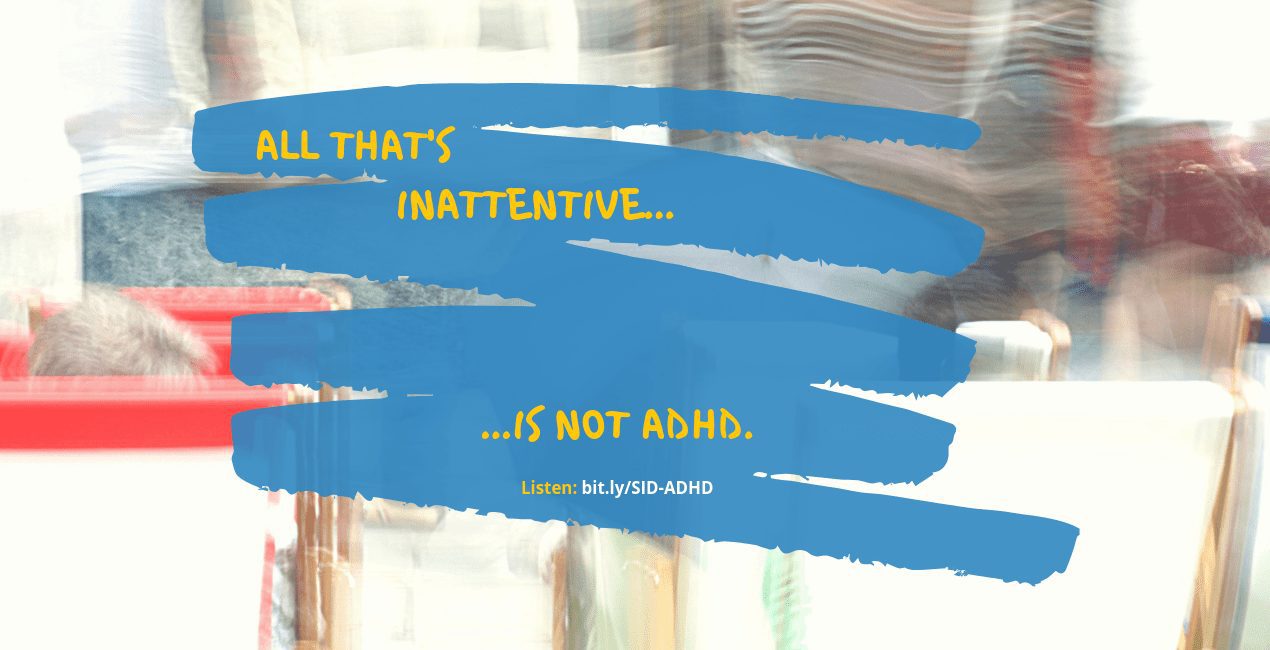Articles containing: ADHD
Q+A: My child was diagnosed with ADHD and I don’t see problems at home. Why is school so tough for him?

My child was diagnosed with ADHD. He’s taking medication and I don’t see many problems at home, but his teacher constantly complains about issues at school.
Understanding ADHD – Shrinking It Down

Tune in wherever you get your podcasts – just search for “Shrinking It Down.”
We all get distracted and disorganized. Today, it seems more than ever with digital media consuming our lives.
Food and Behavior – It’s Complicated

In the days leading up to Halloween or Christmas or Valentine’s Day, teachers and parents often wring their hands. Kids seem rambunctious and gleefully hyperactive. The amount of sugar these kids consume is remarkable.
How Do You Measure Executive Function Skills in Kids?

Executive Functions is one of those “buzzy” terms that teachers use a lot these days.
What is ADHD?

One of The Clay Center’s our biggest partners related to child and adolescent health is the MassGeneral Hospital for Children (MGHfC), which provides treatment and services for children of all ages in virtually every specialty and subspecialty of medicine and surgery, as well as preventive and primary care.
Intro To Processing Speed

This post is the first in a multi-part Slow Processing Speed series from Dr. Braaten entitled Bright Kids Who Can’t Keep Up.
What Is Executive Function Coaching?

When children struggle in school, parents and teachers alike want to know why. The first two places people look are, typically, the subject matter and the student’s motivation.
What Is A Section 504 Plan?

Dan’s mom left her son’s evaluation team meeting at school feeling really frustrated. Dan, an active second grade student, was diagnosed by his psychiatrist with attention deficit hyperactivity disorder (ADHD).
Are Increased Academic Demands Causing ADHD?

The rates of attention deficit hyperactivity disorder (ADHD) have increased considerably in the last 40 years. In fact, in the United States, the prevalence of ADHD has doubled since the 1970s. A number of experts have weighed in on why these numbers may have increased.
Meeting The Challenges Of Tourette’s Disorder: Dan’s Story

This blog post is part of a series entitled Real Lives, Real Stories: Personal Experiences With Mental Illness.



